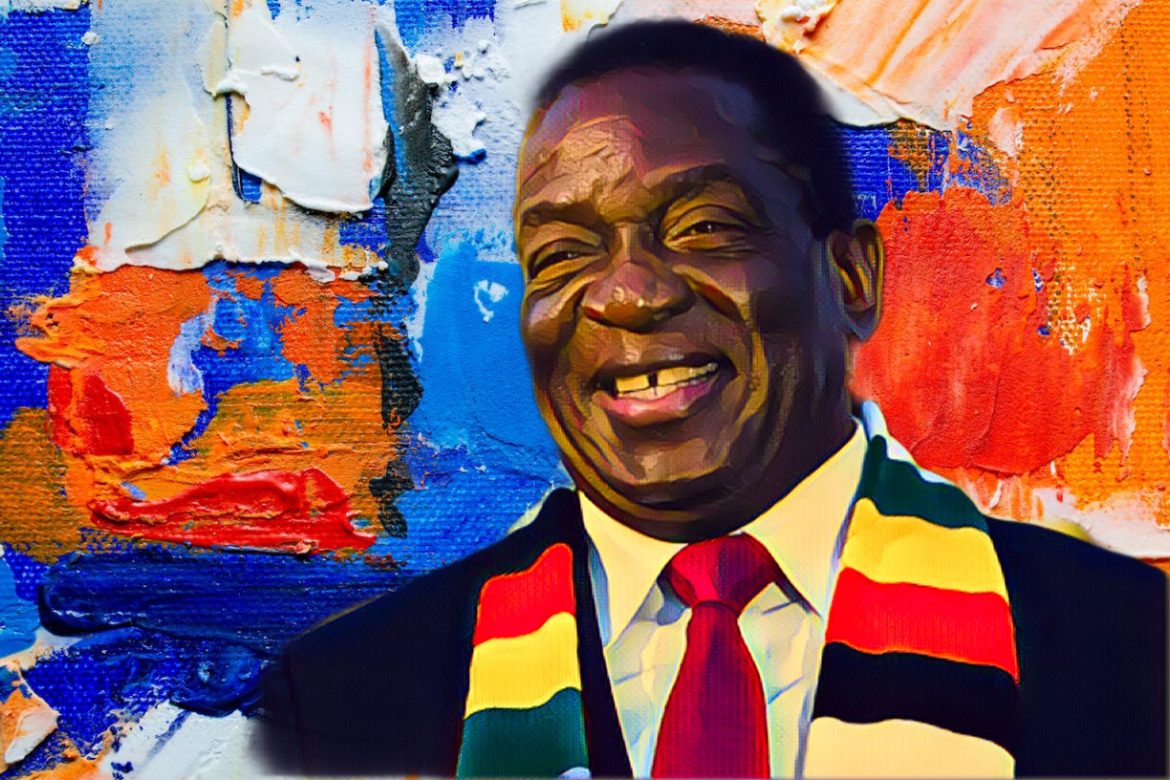President Emmerson Mnangagwa recently found himself in controversy at the Nhakiwa Vocational Training Centre in Uzumba. He had just launched the rebranded Youth Service in Zimbabwe Programme and was urging youths to embrace the newly introduced local currency, Zimbabwe Gold (ZiG). However, he was seen distributing US$100 notes, which raised doubts about his commitment to his own currency.
During his speech, Mnangagwa reached into his pocket and handed Lands and Agriculture Minister Anxious Masuka US$500. “Uchibva pano wonotenga suit chikomana (From here, go and buy a suit),” Mnangagwa quipped, highlighting a stark contradiction between his words and actions.
This incident is not isolated. Recently, Mnangagwa gave an 80-year-old man US$800 for dancing at his grandson Yasha Mafidi’s memorial in Masvingo. Such actions suggest a lack of confidence in the ZiG currency, which replaced the Zimdollar in 2019 to tackle inflation and stabilize the economy.
At various Zanu PF gatherings and government events, Mnangagwa has been seen distributing crisp US dollar notes, undermining his advocacy for the ZiG. For instance, he handed out US$600 to the Ziya Cultural Arts Trust trio, including comedian Sabhuku Vharazipi, further highlighting the irony.
Despite these actions, Mnangagwa continues to champion local economic independence. At the re-launch of the Youth Service, he urged the youths to embrace patriotism and the controversial programme as a continuation of the fight for emancipation. “This day must remind you as youths that Africa’s independence did not come on a silver platter. Many sons and daughters lost their lives during the fight against the brutal colonial rule of Smith. We are independent because of our brothers and sisters who fought for our freedom. Now your duty as youths is to protect and guard our independence. You must work hard to develop, modernise, and industrialise our economy,” he said.
Vice-President Constantino Chiwenga echoed Mnangagwa’s sentiments, praising the investments in youth development to unlock their potential. Youth Empowerment, Development, and VTCs Minister Tino Machakaire also urged Mnangagwa to provide loans to recruits upon completing their training.
However, opposition leader Nelson Chamisa criticized Mnangagwa’s inconsistency. In an interview with NewsDay, Chamisa stated, “You preach about ZiG, but in your pockets, you have wads of US dollars. Your pockets must be aligned to what you believe is right. You can’t indicate ZiG but turn US$. You speak ZiG but use US$. That is very inconsistent; we must begin by resolving the currency of politics.”
Chamisa described the Zanu PF government as an “apartheid currency” system, characterized by leaders who do not believe in their policies. “Zimbabwe is what we call apartheid currency. It depends on what you are because people don’t have confidence in the government. Look, kombies use tokens as a form of change because they don’t have confidence in the ZiG. People cannot follow policies when the government puts policies they don’t believe in,” he said.
Economist Gift Mugano pointed out the challenges with the ZiG, particularly its acceptability and the lack of demand created by the government. “What we don’t need is to have leaders in government, starting from the president, not taking our currency as a currency of choice. Then you don’t expect everyone else below to embrace the local currency. So you would want to see any public forum where our leaders are holding Zimbabwe Gold and whatever they are doing, even whether they are giving donations to communities or gifts, they must give the local currency,” Mugano told NewsDay.
Mugano emphasized that the government should lead by example, making its services available in the local currency. “But the issue does not end there. It also goes further to things we have been raising over and over. Also, we should see government services such as passport fees, which are paid to the government, levies should be in ZiG without any exception,” he said.
Several incidents of Mnangagwa distributing US dollars in public serve as a stark reminder of the complexities of fostering a local economy. While his intentions may be genuine, the disconnect between his message and actions raises questions about the government’s measures to safeguard the value of ZiG. Mnangagwa’s dilemma will likely be a hot topic for some time to come.
The distribution of US dollar notes stands in stark contrast to Mnangagwa’s usual rhetoric. He has long been a vocal advocate for embracing the local currency, often linking national strength to financial independence. This inconsistency not only undermines his message but also raises concerns about the credibility of the ZiG currency in stabilizing Zimbabwe’s economy.
As Zimbabwe grapples with economic challenges, the government’s commitment to its policies and currency will be crucial in restoring confidence and fostering growth. The disparity between Mnangagwa’s advocacy for ZiG and his public use of US dollars highlights the need for coherent and consistent leadership to navigate the country through its economic trials.
Source: Newsday


